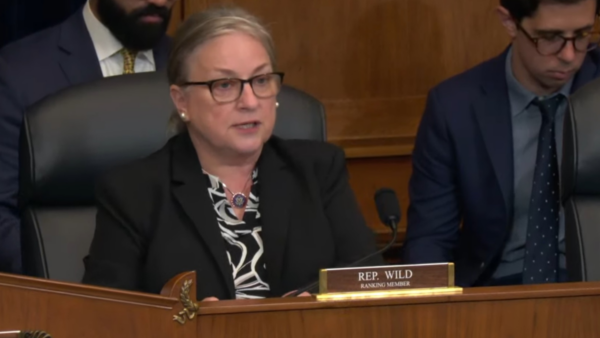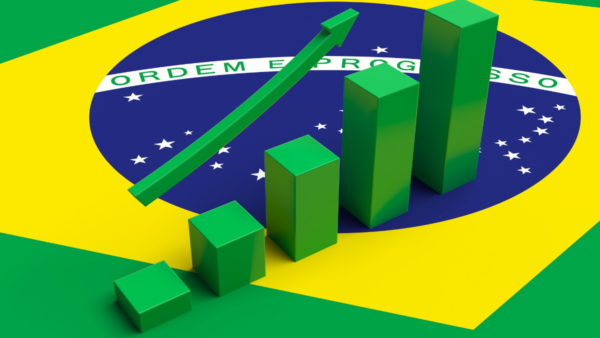In Brazilian electoral politics, there are rules to try and even the playing field, punishing candidates who win their races thanks to the unfair use of money — labeled an “abuse of economic power” — with impeachment. This week, the country’s Superior Electoral Court tried a case which would decide the level of scrutiny religious leaders would face when running for office. They would decide whether or not to create the crime of “abuse of religious power,” and if it should be an impeachable offense. The case was brought up by Supreme Court Justice Edson Fachin, who believes that religious leaders are overstepping their roles and using faith as a vote-whipping tool.
Justice Fachin, however, lost in a 6-1 vote.
His peers say that the current rules, as they are, already regulate such transgressions. Moreover, Justice Alexandre de Moraes, who voted with the majority, said “one cannot transform religion in absolutely neutral movements without political participation and legitimate political interests.” His words echo those of South African Archbishop Desmond Tutu, who once said he was confused about which Bible people were reading when they said that religion and politics do not mix.
But the discussion has become a hot-button issue in Brazil, especially since the rise of Evangelical churches as major power brokers in Congress and — with the ascension of Jair Bolsonaro to the presidency — in the federal government.
In fairness, religion has always been a part of politics in Brazil, from slave revolts led by Muslims in 19th-century Bahia, to the role of liberation theology in the resistance to the military dictatorship. According to a recent Pew Research Center survey, 84 percent of Brazilians believe that faith in God is necessary in order to have moral values, meaning that religion and religious values play a key role in how Brazilians make political decisions.
It is necessary to go beyond the surface level in analyzing the current role of religion in Brazilians politics. The Brazilian Report dug into the research and spoke to leading experts in the field to break down the role of religion in politics.
Religion in Congress: the “Bible caucus”
For decades, Brazil held the title of being the “world’s largest Catholic country.” Being Brazilian was almost synonymous with being Catholic, even for those who did not attend mass. There was even a name for these non-practicing not-so-devotees: Census-only Catholics.
Since the 1950s, however, Brazil has been experiencing a rapid demographic change. The country’s urbanization process was followed by another phenomenon: the surge of Evangelical Christianity. Brazil’s Evangelical population exploded from just four percent 40 years ago to nearly one-quarter of the population. It would not be surprising if next year’s census shows Evangelical Christians as comprising over 30 percent of Brazilians.
And while Mr. Bolsonaro is a Catholic, he often professes his faith in evangelical churches. In 2016, he was baptized into the Assembly of God Church by a preacher who is also the leader of the Social Christian Party. His electoral win placed religious activists in the cabinet in a way never seen...


 Search
Search






































